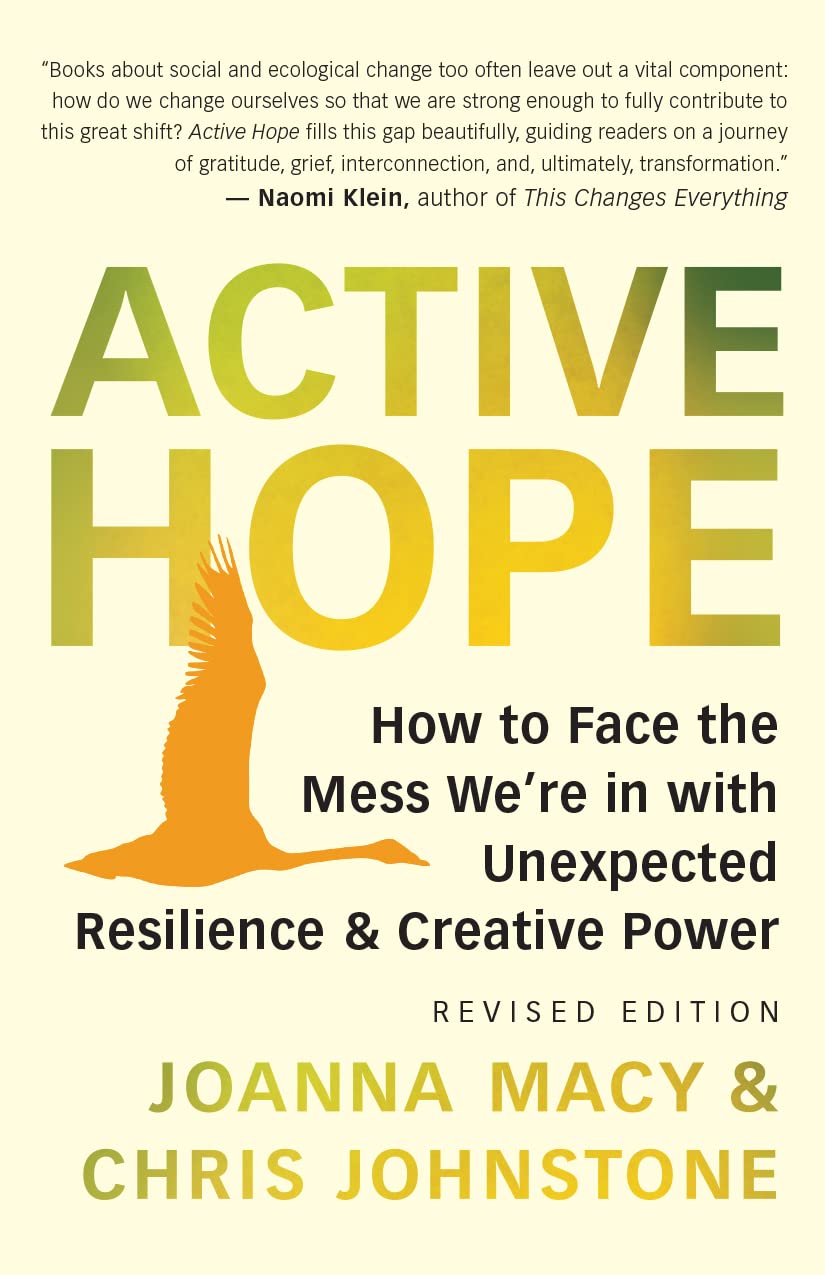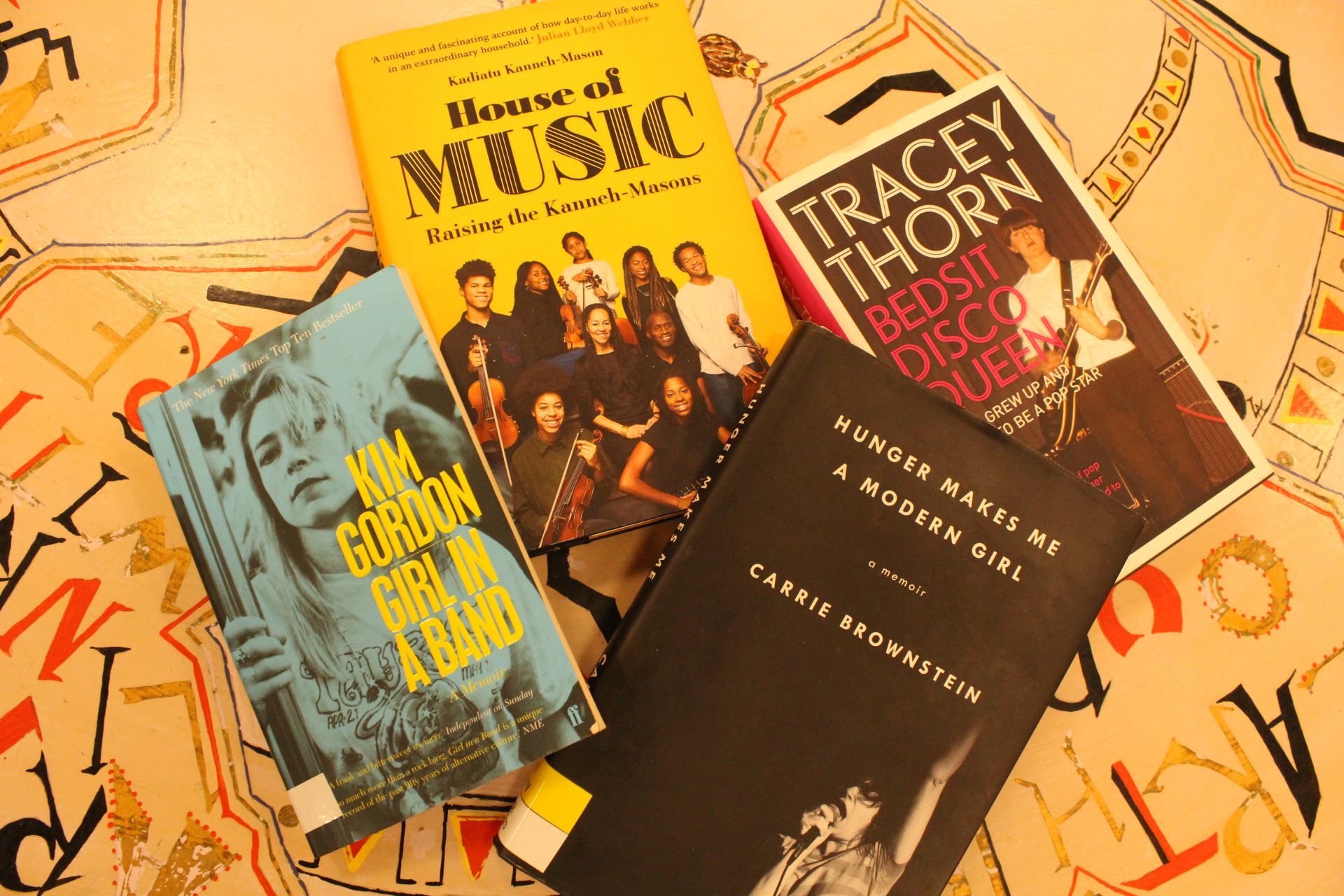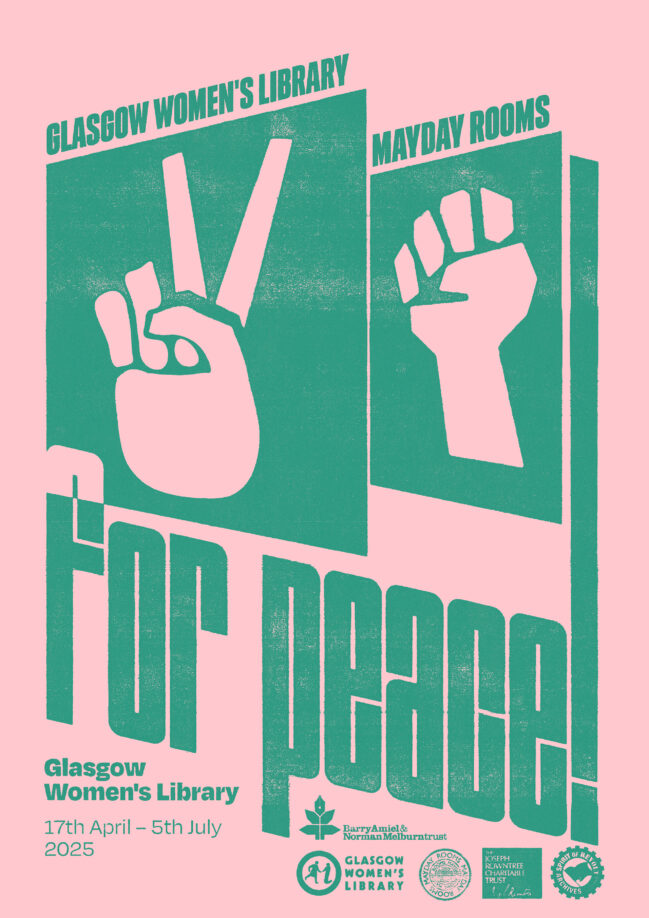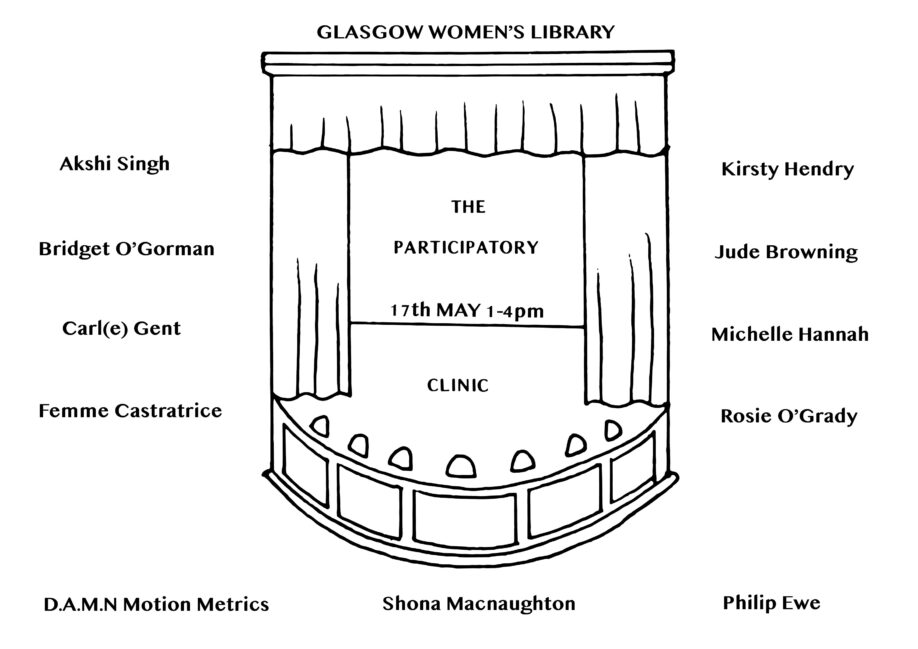Jude Mckechnie is a Glasgow based cultural historian and blog writer. She has worked
for Govanhill Baths Community Trust for the past two years and has helped to
coordinate and curate a number of local arts and community festivals in Govanhill;
including last year’s International Women’s Day programme and the Govanhill
International Festival and Carnival 2022. Most recently, she is one of the artists
employed as part of Scotland’s National Culture Collective project which aims to bring
artists and communities together to co-create in new ways. Her work has been research-
led and driven by an interest in expanding community influence and promoting greater
diversity and access to the arts.
Recommendation: Olivia Laing (1977 – present) Funny Weather: Art in an Emergency (2020) – A critic, novelist and one of the greatest non-fiction writers of the 21st century (in my opinion)
Their experiences around the story:
In Funny Weather, Laing interviews Hilary Mantel and Ali Smith, writes a love letter to David Bowie, explores technology and society, women and alcohol, sex and the body. She critically and intimately draws together the important place of art in our lives, as not only a source of inspiration, but also as a means to remind us of our humanity; our boundless curiosity, and our desire to connect and build community. It is a timely book; emphasising how art has been used to challenge inequality, to ask the fundamental questions about life, and to make us consider what we are might be capable of. More than anything Laing’s activism is about asserting that art can change the world precisely because it has the ability to change how we see the world and our place in it.
We don’t have to turn on the news to see what harm the greed of a few is doing to the many oppressed and exploited people living across the world today. We are surrounded by examples of human suffering. This means we have to be honest about the challenges we face. We’re living in a world in economic crisis, we’re already experiencing catastrophic climate change, and most recently the events in Knowsley have shown that the racist alt-right is again on the rise; with several hundred far-right demonstrators rioting outside of a hotel to protest against asylum seekers residing there.
What I’m trying to say is, the world can seem pretty terrifying and demoralising. You start thinking what chance have we got to make this world a better one? The wind can be taken out of your sails by just how huge a task that seems in the current political climate. Where do we even begin? And then there was this book. Each essay is like a breath of fresh air and reading it renewed something in me. Laing’s essays are full of compassion, inquisitive and always wonderfully driven by love and admiration for those great artists who have preceded them. In reading these essays, I felt that there were all these facets to life that were still to be discovered, and that if I were to go searching for them, what I would find was that there was more good to be found in the world than there was bad. The book is a reminder that activism, at its heart, is always grounded in hope. When we stand up to defend and fight for social change, this act of resistance is made possible by the belief that there is always a chance we will succeed, but that hope can be found in our art and the humanity contained within the very best of it.
Yes! I’ve always believed that art can change the world, and if you know your history, it already has. Art, time and time again, has been a fertile ground for new ideas about how we live to emerge. I believe that artists can inspire us to look at the world around us, and by way of the clues they’ve left, help us tease out our humanity. I might not have known it when I picked up this book, but what I was looking for was someone to show me we were not the first people to suffer, we were not the first to strive and not the first people to struggle. This book reminded me that art has, and can be again, a site for resistance and repair. It plays an important role in shifting our perspectives, making us feel less alone, making us feel more understood, and allowing us to envisage and imagine different possibilities – that’s its gift.
Olivia Laing, in these essays, makes a whole new world feel possible by gathering up some of those artists and activists scattered across the years who have made plain inequalities; and who appealed to our humanity to challenge discrimination and injustice. People have choices. They can always choose love over hate, creation over destruction and hope over fear. I had been looking for someone to remind me of this, Laing’s book managed to be what I was looking for, coming along at just the right time. I had read a previous book by Olivia Laing called The Lonely City and that had been recommended to me by a friend. I fell in love with Laing’s intelligence and the way that they wrote. So, when I saw that this book had been published, I sought it out. Their activism radiates for me in all their writing but never more succinctly as in Funny Weather. They make exploring the most fundamental aspects of the human condition look as easy as listing what they’ve had for breakfast. I dare anyone to read this collection and make it to the final page without thinking that somewhere in art, for what it reveals about life, there is the antidote for this world in crisis.

This content is licensed under a Creative Commons Attribution 4.0 International License.






